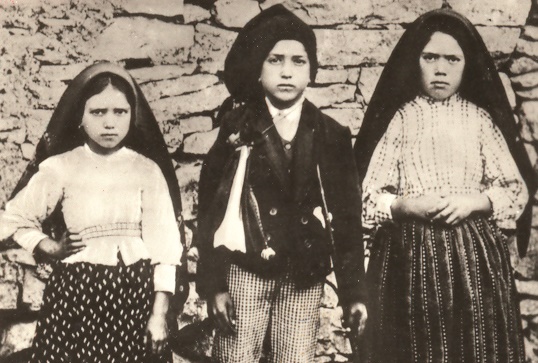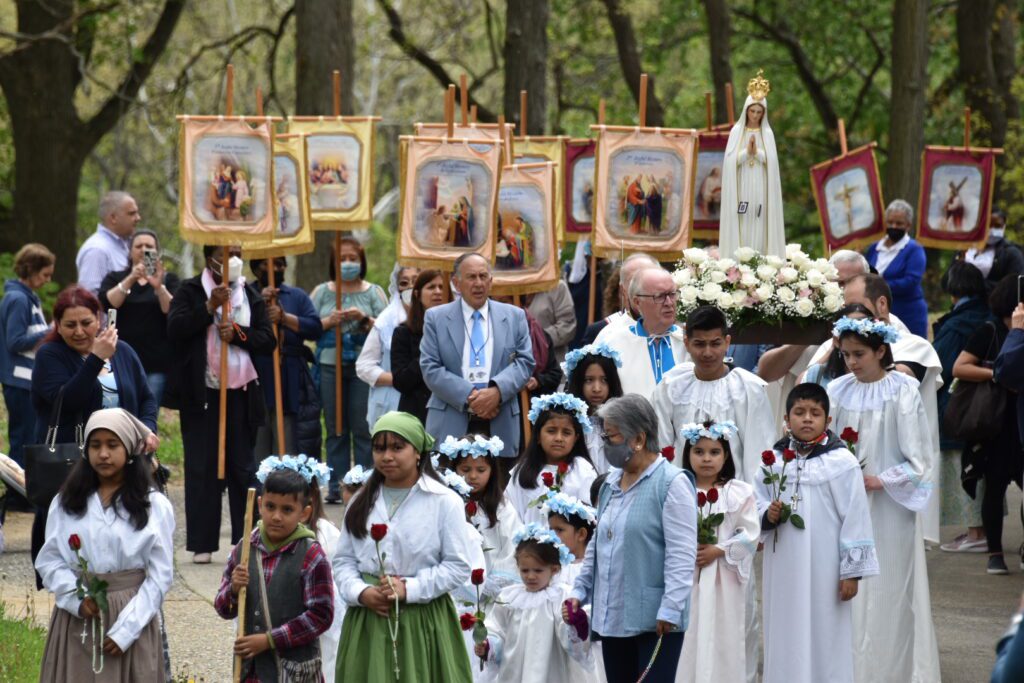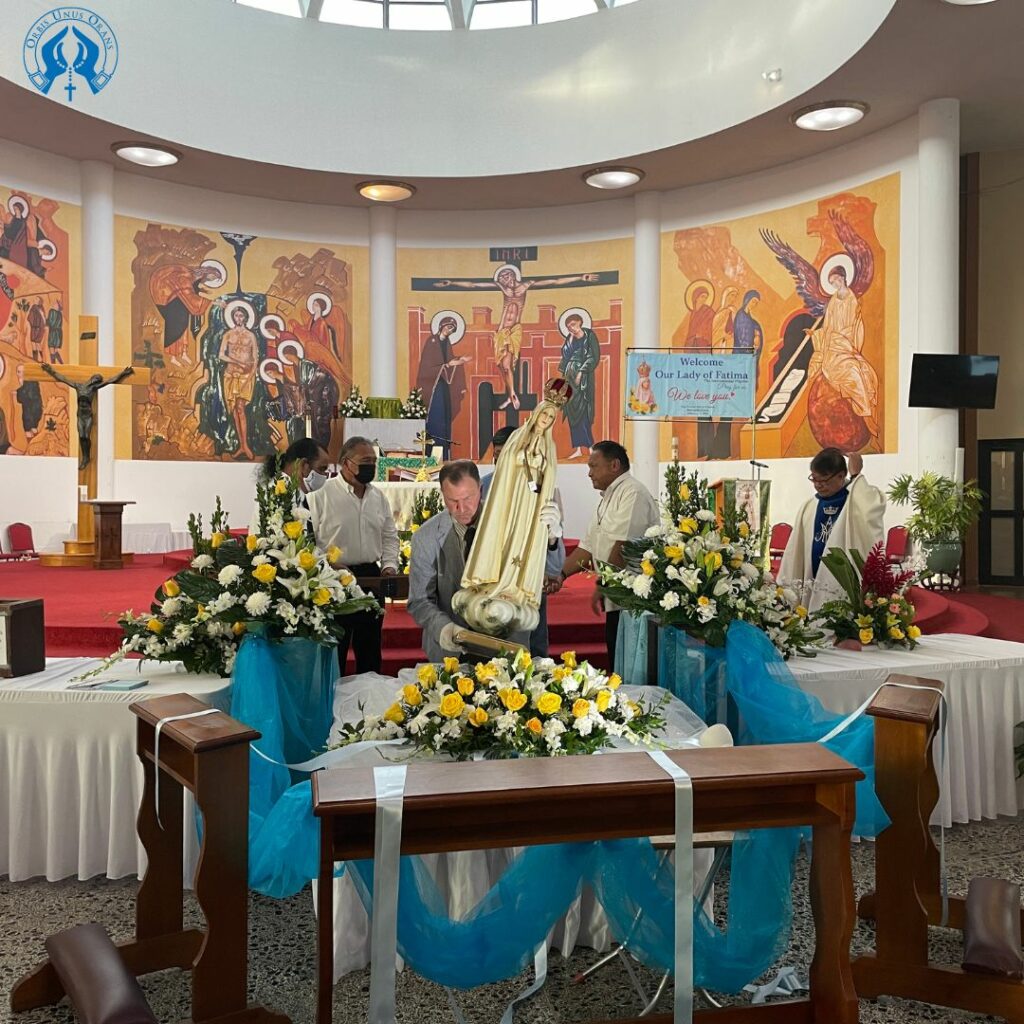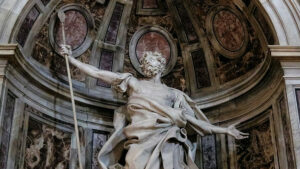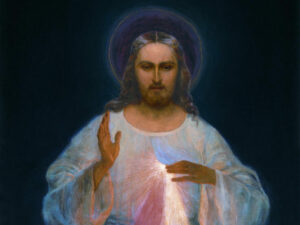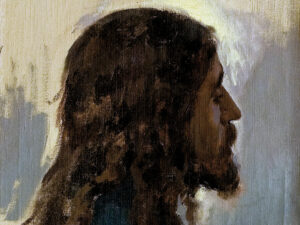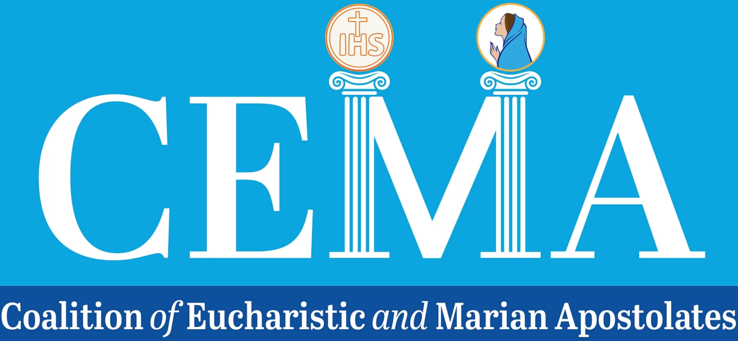by Donal Anthony Foley –


The new book by author and commentator Rod Dreher, Live Not by Lies: A Manual for Christian Dissidents, has attracted a lot of interest. In this, he puts forward the idea that what Western, and particularly American, society is now experiencing is an anticipation of a coming “soft totalitarianism.” He sees this as a system of political and social control, which will rely on manipulating people’s love of pleasure and fear of discomfort, rather than on direct physical methods.
He contrasts this with the “hard totalitarianism” of the Soviet Union, which was based on surveillance, physical repression and violence, backed up by a prison system for those who would not cooperate with the communist regimes.
Soft totalitarianism is not concerned with seizing the means of economic production, as was the case with communism proper, but rather with controlling the means of cultural production, that is, changing the culture through the education system and both the mainstream and social media.
Dreher argues that to combat this we need to learn from people who lived under communism and who were able to resist being corrupted by it, and then apply that knowledge to our own situation.
As an example of this, he points to individuals who stood up to communistic hard totalitarianism, such as Father Tomislav Kolakovic, who, in the 1940s, with communism threatening Czechoslovakia, set up cells of young Catholics so that they could come together to pray and study their faith. The result was that these believers greatly helped the underground Church, which was at the center of resistance to communism in the country for the next 40 years.
In short, he emphasizes the need to build up one’s spiritual life, have strong bonds of fellowship with other believers, encourage small-scale communities, particularly through family groups and educational and religious fellowships, and also be prepared to suffer for your convictions.
Dreher gives other examples of courageous people who stood up to communism, often at great cost. And while individual and small-scale resistance, sometimes to the point of martyrdom, was of great value on a human level, it was not able to bring down the communist system as a whole. This only happened after the 1984 collegial consecration of St. John Paul II in union with a moral totality of the world’s bishops, which led to the collapse of communism in Russia and Eastern Europe. This was in line with the message initially given at Fatima by Our Lady in July 1917, when she spoke of the “errors of Russia” – and later on, in an expanded form to Sister Lucia at Tuy in Spain in 1929.
The implication of all this is that the Church needs to fully embrace the Message of Fatima if it is to overcome the looming threat from soft totalitarianism, and the possibility of some type of hard totalitarianism for those who are not seduced by the softer variety.
Thus, individual and small-scale action to push back against soft totalitarianism, while very valuable, will not be enough to overcome it. In our current situation, the best and only way to do this is for Catholics to revisit the message given at Fatima in 1917, with its focus on devotion to the Immaculate Heart of Mary, penance and the Rosary. We must listen to what Our Lady said and put it into practice.
This is necessary because we have the lesson of what happened in the other communist countries after the collapse of communism in the Soviet Union. For example, at Tiananmen Square in China in 1989, the fledgling democracy movement was mercilessly crushed and those who stood defiantly before the military tanks were killed. There was no practical reason why Soviet communism could not have also used violence to maintain its grip on power. The difference there was the way in which all the prayers of those who suffered under Soviet communism were bound up with the grace of the collegial consecration through the intercession of Our Lady and presented before the throne of God. A peaceful collapse of Soviet communism was granted to the world.
During the decades of communistic power before the consecration, all the heroic individuals who opposed this corrupt, diabolical system, could be seen as individual soldiers on a battlefield, who, however bravely they fought, were not able to turn the course of a battle. For that, they needed a general with an overarching plan to direct things – Our Lady through Fatima.
But Chinese communism was not part of the movement of grace coming from the collegial consecration, since that was concerned only with Russia and the countries under its control. And so the witness of those at Tiananmen Square was not sufficient to bring about the end of Chinese communism, which has now mutated into a hybrid of totalitarianism and modern technology, and become an increasing threat to global peace.
We can point to the power of Our Lady’s message at Fatima in Soviet-occupied Austria in the aftermath of World War II, when a massive Rosary crusade grew to a procession of more than half a million people, which led to the Soviet Army leaving the country in 1955. Our Lady was the “general” for Austria who led her Rosary “troops” to victory. This was the only time in the history of the Soviet Union that the Red Army voluntarily withdrew from a country it had occupied.
The lesson here is that to overcome the soft totalitarianism – the “errors of Russia” in a new guise – we need as many Catholics as possible to be involved, under the leadership of Our Lady, in a new promotion of the Fatima message designed to ultimately defeat this threat and usher in the promised period of peace.
Donal Anthony Foley is the author of a number of books on Marian Apparitions, and maintains a related web site at www.theotokos.org.uk. He has also written two time-travel/adventure books for young people – details can be seen at: http://glaston-chronicles.co.uk


